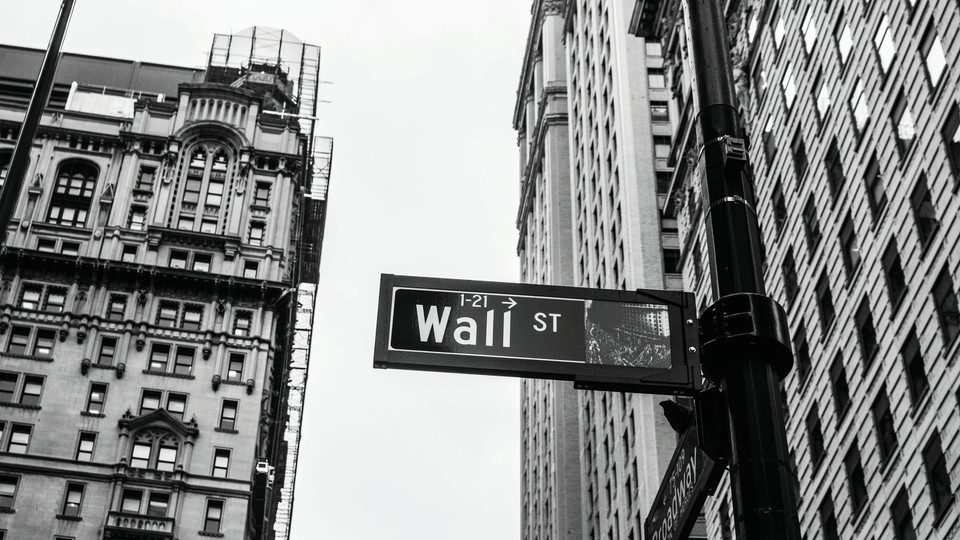
In Praise Of Know-It-Alls
The More Informed Investors There Are, The More Likely They Will Change The Cost Of Capital
Based on research by Brian Akins, Jeff Ng and Rodrigo Verdi
The More Informed Investors There Are, The More Likely They Will Change The Cost Of Capital
- Does the information environment shape the cost of capital? According to conventional wisdom, the fewer people with useful information, and the bigger the gap between these informed investors and less informed investors, the more that this information can be used to advantage.
- It’s also been thought that as the number of informed investors rises, and competition among those investors increases, such advantage is reduced, as is the price of capital.
- An analysis of activities of institutional investors supports this thesis, and suggests that the more informed investors there are, the better for everyone.
It’s hardly surprising that good investing information can lead to increased returns. But can competition over that information by knowledgeable investors also be good for people who don’t have the same inside access? Can it mean a fairer market for all and a reduced price of capital?
Conventional thinking says yes. But conventional wisdom, and providing proof, are two very different things. Economic theories have argued that, for any given level of information asymmetry — that is, the difference in the number of people who know useful facts and details and those who don’t — the degree of exploitation by informed traders is lower when there is more competition. The reasoning is simple: The more the knowledgeable investors compete with each other, and the more knowledgeable investors there are to join in that competition, the more quickly the private information is reflected in equity prices.
If just one person or group of people has the inside scoop, they can take advantage of their knowledge of the difference between the underlying value of a firm and its market price through strategic trades. Because they know something about fundamental value that others don’t, at least yet, they can, as the old adage goes, buy low and sell high, or do whatever makes the most economic sense. But as more people know that real value, it gets harder to sell or buy at anything but a fair price.
A simple enough idea, perhaps, but how do you test it in the real world? Investors with an inside scoop aren’t prone to announcing themselves. Brian Akins, an associate professor of accounting at Rice Business, and co-authors Jeff Ng, an associate accounting professor The Chinese University of Hong Kong, and Rodrigo Verdi, an accounting professor at Sloan School of Management, realized that you could look at the actions of large institutional investors as a proxy for informed investors. The assumption was that investors with more holdings in a given firm are more likely to have access to private information, or at the very least more incentive to seek out private information. By studying the concentration of shares owned by different institutional investors, the researchers reasoned, you can come up with a rough idea of the concentration of private information, and how much competition there will be among those who have that information.
Using this proxy, Akins and his co-authors then looked at what is known as post-earnings-announcement drift (PEAD), or the changes in a company’s stock price following the announcement of earnings. The notion is that earnings announcements are a time when those with inside knowledge can best make use of it. By looking at the fluctuation in prices, and how long it takes before those values settle, and then comparing that against the concentration of institutional investors, one can get an idea of how competition among informed investors impacts stock values, which impact the cost of capital.
The researchers found what they expected: Firms with more institutional investors had less fluctuations in PEAD, and established a stable price, one that likely reflected a firm’s value accurately, faster than those with fewer institutional investors. PEAD was reduced as the competition among informed investors caused their information to be impounded into price more quickly.
So competition is, in fact, good. A not surprising finding, perhaps, but one that could have implications for firms whose assets are held by too few investors. For these firms, encouraging rivalry by widening the pool of informed investors might help reduce their cost of capital.
Brian Akins is an associate professor of accounting at Jones Graduate School of Business at Rice University.
To learn more, please see: Akins, B. K., Ng, J., & Verdi, R., (2012). Investor competition over information and the pricing of information asymmetry. The Accounting Review, 87(1), 35-58.
Never Miss A Story


